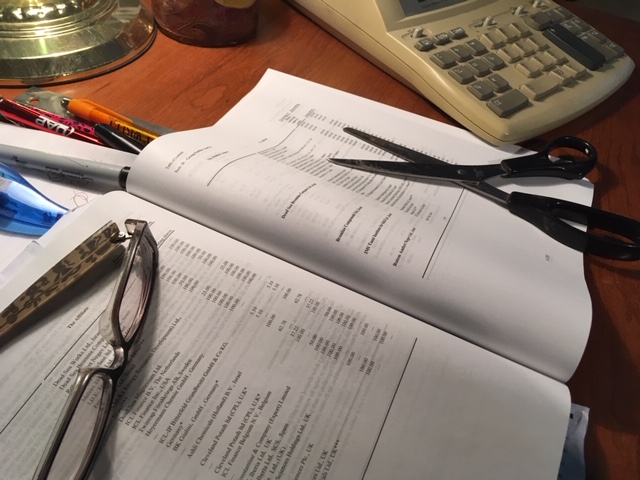
Financial Planning Tips
Retirement is a journey that everyone will embark upon at some point in their life. It’s a time to reap the rewards of years of hard work and careful financial planning. However, navigating the road to retirement can be a daunting task, especially in today’s complex financial landscape. In this article, we will provide you with valuable financial planning tips to ensure a smooth and secure journey into retirement.
1. Start Early
One of the most crucial steps in planning for retirement is to start early. The power of compounding interest can significantly impact your retirement savings. By beginning to save and invest in your early working years, you give your money more time to grow. Even small contributions can add up significantly over time.
2. Set Clear Retirement Goals
Before you can plan for retirement effectively, you need to define your retirement goals. Consider what kind of lifestyle you want to lead during your retirement years. Do you want to travel the world, downsize your home, or pursue a new hobby? Setting clear goals will help you determine how much money you need to save and what kind of investments will help you reach those goals.
3. Create a Budget
A budget is a fundamental tool for financial planning. It helps you track your income and expenses, ensuring that you live within your means and save for retirement. Identify areas where you can cut unnecessary expenses and redirect those funds into your retirement accounts.
4. Diversify Your Investments
Diversification is a key strategy to reduce risk in your retirement portfolio. Don’t put all your eggs in one basket. Spread your investments across various asset classes such as stocks, bonds, and real estate. Diversification can help protect your savings from market fluctuations.
5. Maximize Retirement Accounts
Take full advantage of retirement accounts offered by your employer, such as 401(k)s or IRAs. These accounts often come with tax advantages and employer-matching contributions, which can boost your retirement savings significantly. Contribute the maximum amount allowed to maximize these benefits.
6. Seek Professional Advice
Financial planning for retirement can be complex, and it’s beneficial to seek advice from a qualified financial advisor. They can help you create a personalized retirement plan based on your goals and risk tolerance. A professional can also provide guidance on investment strategies and tax-efficient retirement withdrawals.

7. Regularly Review and Adjust Your Plan
Financial planning is not a one-time task; it’s an ongoing process. Life circumstances and financial markets change, so it’s essential to regularly review and adjust your retirement plan. Make sure it aligns with your current goals and risk tolerance.
8. Prepare for Healthcare Costs
Healthcare expenses can be a significant part of retirement spending. Make sure you have a plan to cover medical costs, such as Medicare, supplemental insurance, and long-term care insurance. Failing to plan for healthcare can derail your retirement finances.
9. Pay Off Debt
Entering retirement with a high level of debt can be stressful. Aim to pay off high-interest debts before retiring, as they can eat into your retirement income. Reducing debt will give you more financial freedom during your retirement years.
10. Stay Informed
The financial landscape is continually evolving, and new investment opportunities and retirement strategies emerge. Stay informed about the latest developments in the financial world to make informed decisions about your retirement plan. If you found this article useful, you may also visit their web page to read more about same-day loans.
In conclusion, navigating the road to retirement requires careful financial planning and discipline. By starting early, setting clear goals, and following these financial planning tips, you can ensure a secure and comfortable retirement. Remember that seeking professional advice and staying informed are essential components of a successful retirement plan.
